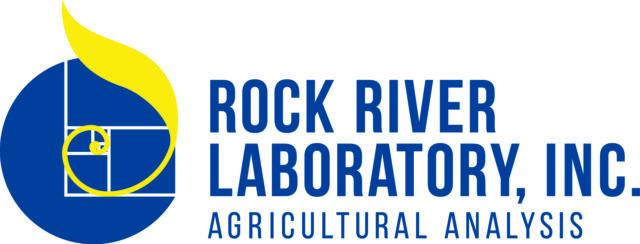It will be two years in August since Mike Biadasz tragically lost his life while agitating a large, outdoor manure pit. The silent killer: hydrogen sulfide gas.
Deadly fumes quickly overcame the ambitious young farmer as the crust atop the pit opened. With little air movement on the calm summer morning in central Wisconsin, Biadasz and 16 steers succumbed to the toxic gas, which is heavier than air.
Following their loss, Biadasz’s family and friends took action to prevent others from suffering the same fate. They established the Mike Biadasz Farm Safety and Education Memorial Fund, which offers a rebate program for farmers and manure haulers to rent gas monitors for use while working in areas where toxic fumes may be present.
The Mike Biadasz Manure-Gas Monitor Rebate Program is a collaboration among the Mike Biadasz Farm Safety and Education Fund, Marshfield Clinic Center for Community Outreach, the National Farm Medicine Center and the Wisconsin farming community.
Biadasz’s sister Lisa Grezenski administers the fund. “Mike was an advocate of farming, and he shared his successes and downfalls with everybody. He always wanted to better himself or someone else,” Grezenski says. “That’s why we are doing this in his legacy. We know if this would have happened to someone else, he would do the same.”
Four-gas hand monitors are important devices in protecting farmers and workers from gas exposure on farms. However, they are expensive to purchase and incur additional calibration costs several times a year. Thanks to the rebate program, these critical tools can now be rented at a reduced rate.
“Our biggest push is manure pits, but the monitors are available for any farming or manure hauling and can also be used for grain bins, silos and confined areas,” Grezenski says. “We want all farmers to be safe.”
Grezenski explains one of the reasons they chose the rental program over a purchase program was to ensure the monitors are working properly. The rental companies test them before sending out to farms, thus removing the variable of accuracy from the monitor’s performance.
She continues to pursue options for a purchase program as well. “We are trying to find a feasible way to purchase them through the program, but we haven’t found a solution quite yet,” she notes.
Participants may contact Premier Safety Inc. at (586) 840-3204 or a legitimate gas monitor rental company to rent a four-gas monitor. The renter receives a $75 rebate and may use the program as often as every six months. Only Wisconsin-based farmers and manure haulers are eligible at this time, but Grezenski hopes the program will grow to reach even more people in the future.
“Our hope is to prevent something like this from happening to anyone else,” Grezenski says. “Farming is the most important industry we have out there, and we need to make sure we keep those farmers safe. We don’t want anyone else to have to suffer and go through what we’ve gone through.” ![]()
PHOTO: In August 2016, 29-year-old Mike Biadasz of Amherst, Wisconsin, lost his life to deadly manure gases while agitating a pit. Photo provided by Lisa Grezenski.
Visit Mike Biadaszfarm Safety and education memorial fund for more information.

-
Peggy Coffeen
- Editor
- Progressive Dairyman
- Email Peggy Coffeen






